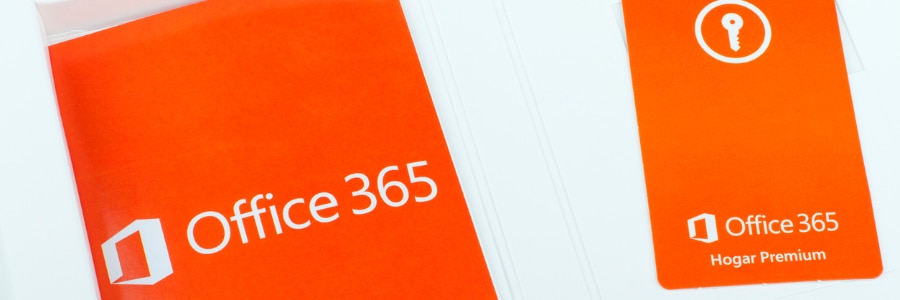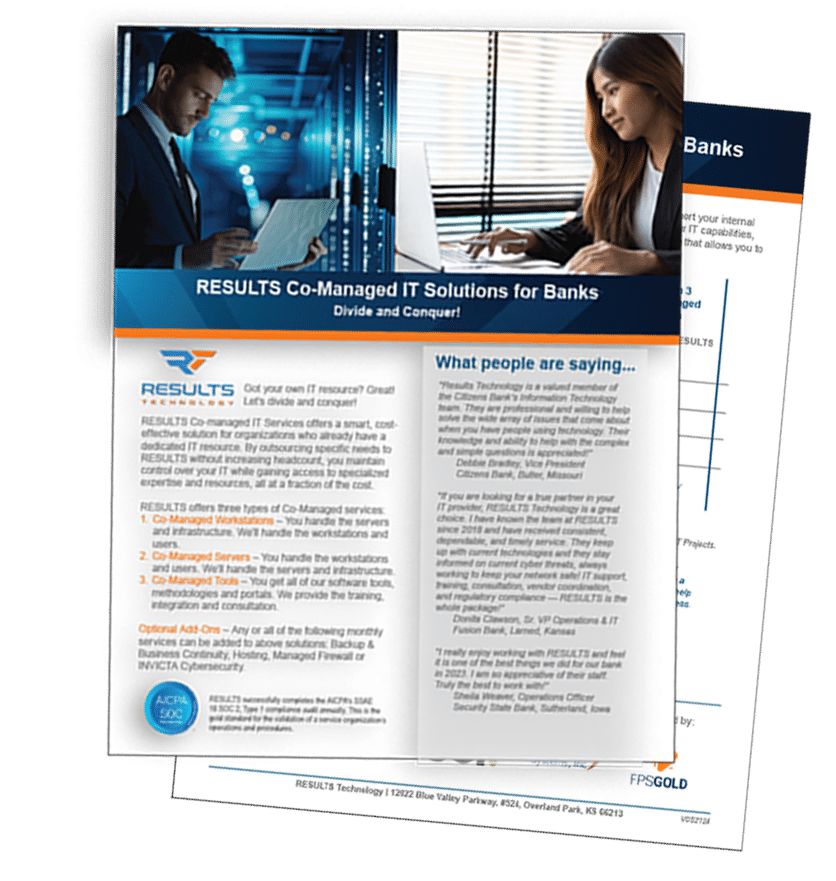Did you know that Microsoft 365 does NOT guarantee against data loss? In fact, their Services Agreement recommends backing up with a third-party app. Section 6b says, “you may not be able to retrieve your content or data that you’ve stored.” Fortunately, there are several things you can do to keep your data safe.
Backup and Archive your Data
Threats to company data have never been higher and businesses need tools that can augment their capacity to handle new compliance, security, and data loss risks. In the same way businesses insure their companies from liability, fire damage or theft – every business needs to be backing up their data. Highly reliable solutions will yield full backups in a smarter, storage-saving way, limit downtime, and offer strong functionality at all levels. Using an IT support or computer services company can assure you’re getting the right backup for your situation.
Read more about backing up Microsoft 365
Encrypt emails
Encrypting classified information is your last line of defense against data breaches. If hackers intercept your emails, encryption tools will make files unreadable to unauthorized recipients. This is a must-have for Microsoft 365, where files and emails are shared on a regular basis. However, currently, the recipient also has to have Microsoft 365 in order to read encrypted emails so if you need to send sensitive information outside the company, consider an alternative encryption tool.
Use multifactor authentication
Don’t rely on a single password to safeguard your Microsoft 365 accounts. To reduce the risk of account hijacking, you must enable multifactor authentication. This feature makes it difficult for hackers to access your account since they not only have to guess user passwords, but also provide a second authentication factor like a temporary SMS code.
Take advantage of policy alerts
Establishing policy notifications in Microsoft 365’s Compliance Center can help you meet your company’s data security obligations. For instance, policy tips can pop up to warn employees about sending confidential information anytime they’re about to send messages to contacts who aren’t listed in the company network. These preemptive warnings can prevent data leaks and also educate users on safer data sharing practices.
Secure mobile devices
Since personal smartphones and tablets are often used to access work email, calendar, contacts, and documents, securing them should be a critical part of protecting your organization’s data. Installing mobile device management features for Microsoft 365 enables you to manage security policies and access permissions/restrictions, and remotely wipe sensitive data from mobile devices if they’re lost or stolen.
Apply session timeouts
Many employees usually forget to log out of their Microsoft 365 accounts and keep their computers or mobile devices unlocked. This could give unauthorized users unfettered access to company accounts, allowing them to steal sensitive data. By applying session timeouts to Microsoft 365, email accounts, and internal networks, the system will automatically log users out after 10 minutes, preventing hackers from opening company workstations and accessing private information.
Avoid public calendar sharing
Microsoft 365’s calendar sharing features allow employees to share and sync their schedules with their colleagues’. However, publicly sharing this information is a bad idea because it helps attackers understand how your company works, determine who’s away, and identify vulnerable users. For instance, if security administrators are publicly listed as “Away on vacation,” an attacker may see this as an opportunity to unleash malware on unattended computers.
Employ role-based access controls
Another Microsoft 365 feature that will limit the flow of sensitive data across your company is access management. This lets you determine which user (or users) have access to specific files in your company. For example, front-of-house staff won’t be able to read or edit executive-level documents, minimizing data leaks.
While Microsoft 365 offers users the ability to share data and collaborate, you must be aware of potential data security risks at all times. When you partner with us, we will make sure your Microsoft 365 is secure. If you need help keeping up with ever-changing data security and compliance obligations, we can assist you there, too! Contact us today for details.


